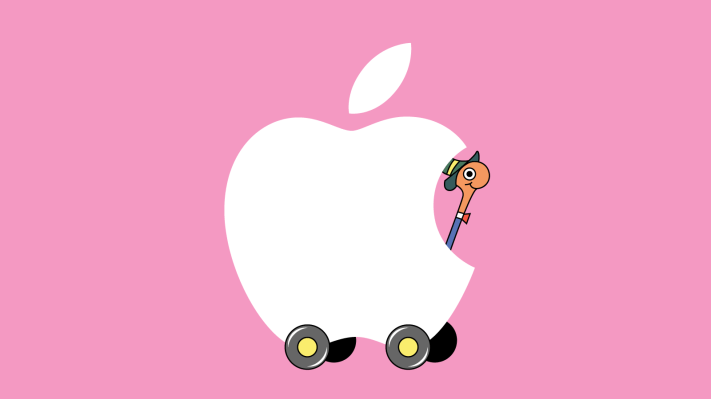
A case concerning Apple’s driving trade secrets which started in 2018 has come to a close. Xiaolang Zhang, a former Apple employee, pleaded guilty on Monday to stealing confidential information from Apple.
In July 2018, a federal grand jury in San Jose indicted Zhang for obtaining a 25-page document containing detailed drawings of a circuit board designed to be used in Apple’s autonomous vehicle.
In April that year, Zhang told Apple that he was resigning to be closer to his ill mother in China. Apple later learned that the former employee had gone on to work for Xpeng, an electric vehicle upstart in China. On the day of Zhang’s planned return to China, federal agents intercepted and arrested the engineer at the San Jose International Airport.
Xpeng has distanced itself from the case. In its official Weibo post on Tuesday, the publicly traded EV maker said it has nothing to do with Zhang’s case, has no knowledge of any case detail, has not been involved in the investigation by the U.S. judiciary authorities, and has no related dispute with Apple.
“Xpeng is a leading player in advanced driver assistance systems in China and will continue to develop full-stack solutions,” the carmaker said.
Another former Xpeng staff has also been ensnarled in legal disputes with an American tech giant. In 2019, Tesla alleged that its ex-employee Cao Guangzhi had stolen Autopilot’s proprietary technology before taking a job at Xpeng, and Elon Musk himself has publicly made innuendos about his Chinese challenger. The lawsuit was dropped in 2021.
There are reasons Xpeng’s Western rivals would be nervous about where it’s going. Like its foreign competitors, Xpeng has cultivated autonomous driving ambitions. The Guangzhou-based company has been busy testing its Xpilot ADAS system, a counterpart to Tesla’s FSD, and wants to mass-produce the solution at affordable costs.
Different from Tesla, Xpeng has opted for lidars, some of which are supplied by DJI-affiliated Livox, to steer its vehicles. The latest version of Xpilot claims to be able to navigate complex urban roads and auto-park in what the company labels as Level 2.5 driving.
Some of that technology could soon be available to overseas consumers. Last year, Xpeng quietly began shipping in Norway, also the first stop in its Chinese rival Nio’s overseas expansion. In February, the company announced plans to enter Sweden and the Netherlands through both official retail stores and third-party distribution networks.




